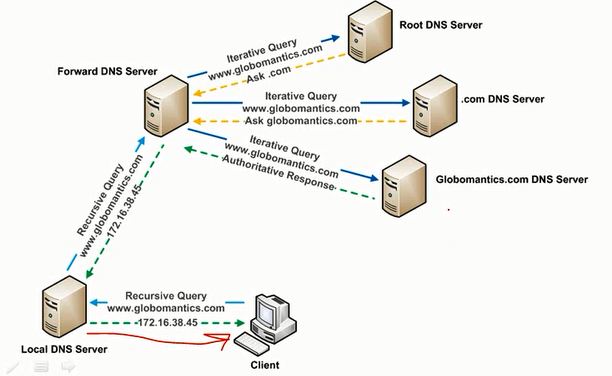First of all, DoH stands for “DNS over HTTPS”.
So last week Mozilla announced that future versions of Firefox will use DoH by default, a decision that at first sight might seem innocuous or even good but thanks to some implementation details it ended up being very controversial.
The reaction that followed the announcement on many technology focused forums and communities was mostly negative (example 1, example 2 and example 3), pointing out many problems, mostly with the way it was implemented and with the default settings used by Mozilla.
One of the first outcomes was OpenBSD, a well known operating system, announcing that the version of Firefox distributed through its “package manager” will have this change disabled by default.
In this post I will try to summarize the core of whole controversy and list the pros and cons of it.
How does a DNS query work?
In a very brief and not 100% accurate way, when you try to visit a website such as www.some-example.com, your computer first asks a DNS server (resolver) for the IP address of that website, this server address is usually defined on your system either manually (you set it up) or automatically (when you join a given WiFi network, for example, the network will tell you a server you can use).
That server address generally is set system wide and will be used by all apps. If the server knows the location of the website it will tell you the answer, otherwise it will try to find the location using one of 2 approaches (I will avoid any details here) and come back to you with the result.
You browser will then use this result to fetch the contents of the website. The bellow image describes this flow:

This system is kind of distributed across many entities. Different people across the globe will contact different servers according to their settings and network/location.
DNS over HTTPS
The previously described flow already exists for decades and does not change with DoH, what changes is the way you contact the server in order to ask for the website location and the way this data is transmitted.
While the standard implementation uses UDP and the information travels in cleartext throughout the network (everybody can see it) with DoH this is done as an HTTP request that uses TCP with an encrypted connection, protecting you from malicious actors.
In the end this should be a good thing, but as we will see later on the post things will do south.
Current implementation
A great deal of the discussion this week was sparked by a blog post telling people to turn off Firefox’s DoH, the main complains resolve around not the DoH in itself but the way Mozilla decided to introduce it. Being opt-out and not opt-in, the browser ignoring system configuration and using the servers of a single company by default.
With the current implementation we end up with:
The good
The good part is the obvious reason for using DNS over HTTPS, all your websites queries are encrypted and protected while in transit on the network. It is the extra protection that has been needed for “DNS traffic” for a while.
The bad
The first bad part is that the browser will work differently from the rest of the apps which can cause confusion (why this URL work on the browser and not on my app?), the browser no longer will connect to the same server that was defined for the whole systems
Related to the above problem there is also special network configurations that will stop working such as internal DNS names, rules and filters that are often used on private networks and rely on the internal DNS servers. For these scenarios Mozilla described a series of checks and fallbacks (such as “canary domains”) to accommodate this situation, however they look like fragile hacks.
The ugly
The ugly part is that all DNS traffic from the browser will go to a single entity by default, no matter where you are or which network you are using, which raises privacy concerns and increases the centralization of the system. There is the option of manually setting up a different server however 99% of the users will rely on that single provider.
Conclusion
The overall the intention was good and having encrypted DNS resolution is something that has been required for a very long time but hasn’t become mainstream yet.
The core of the problem with Mozilla’s approach is making it “opt-out”, which means all users will now tell a single “Mozilla partner” the websites they visit by default, without being aware of it.
It will also create some problems to solutions that are deployed network wide and rely on setting certain DNS configurations, since Firefox will not respect them. We can also expect an increased centralization on a system that has been previously working the other way around.
Lets hope that in the future DoH and other encrypted alternatives become standardized so we can continue to use DNS as we always did and don’t have to manage it on every application.